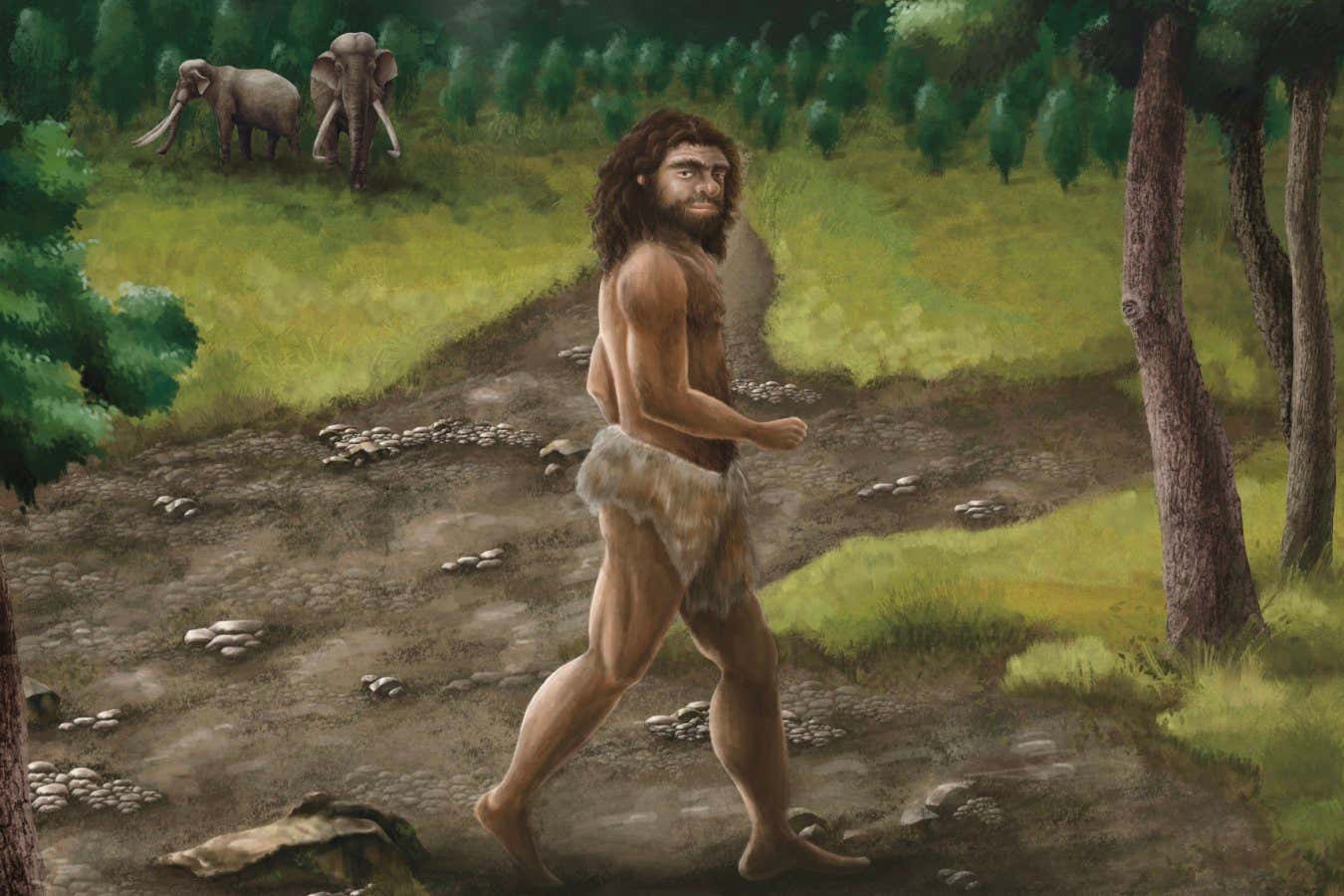Now Reading: How Easier Births Are Reshaping Walking and Pelvic Health
-
01
How Easier Births Are Reshaping Walking and Pelvic Health
How Easier Births Are Reshaping Walking and Pelvic Health

Rapid Summary
- A large study involving 31,000 individuals explores the evolutionary trade-offs in pelvis width, using data from the UK Biobank.
- Wider pelvises are linked to reduced birth complications but slower walking and higher risks of pelvic floor-related conditions and osteoarthritis of the hip.
- Narrower pelvises may enhance walking speed but increase risks of birth complications, back pain, and knee osteoarthritis.
- No link was found between pelvis width and pregnancy duration; however, a correlation exists between wider pelvises and babies’ head sizes at birth due to natural selection dynamics.
- Asymmetry in pelvic structure is often influenced by handedness during growth stages.
- Experts emphasize that this research integrates anatomical, genetic, clinical, and behavioral insights into human evolutionary biology.
Indian Opinion Analysis
This study underscores how evolutionary adaptations have shaped human anatomy with distinct benefits and trade-offs tied to childbirth efficiency or mobility challenges-a balance relevant across cultures globally including India. With maternal healthcare being pivotal in India’s public health framework (given high childbirth rates), understanding these natural complexities could inform innovation through data-backed approaches aimed at reducing maternal health-related risks such as emergency cesareans or pelvic complications post-birth. However robust localized studies would complement global patterns given variations e.g diversity geography metabolic-lifestyle/climate context example subtle variances

























